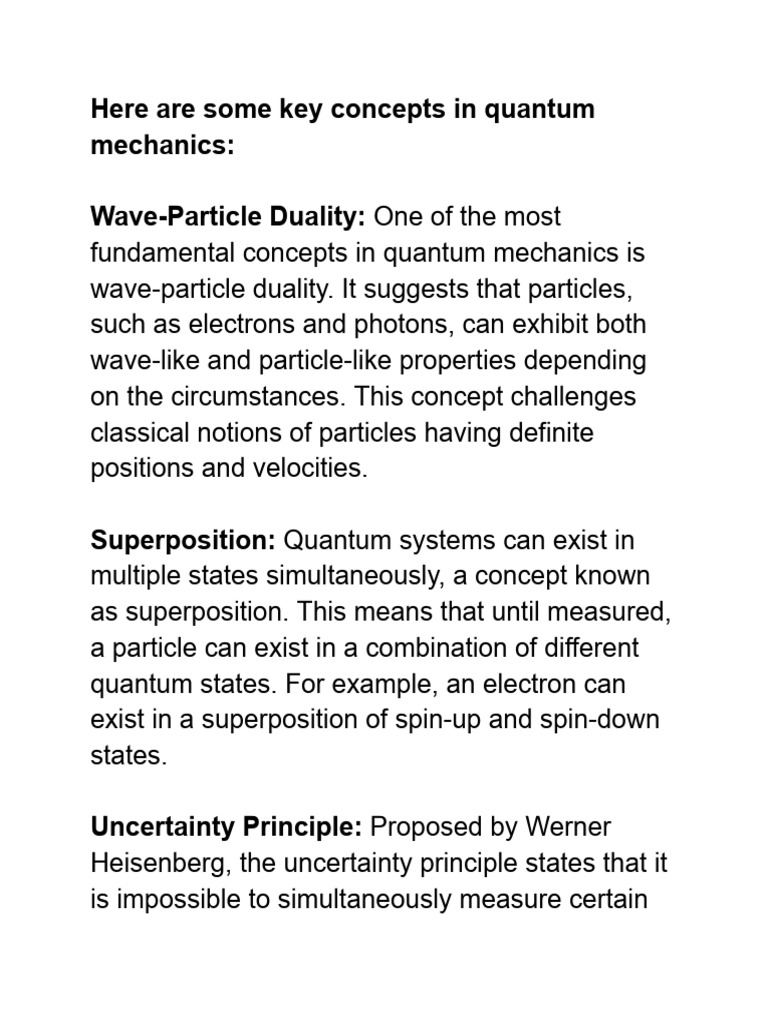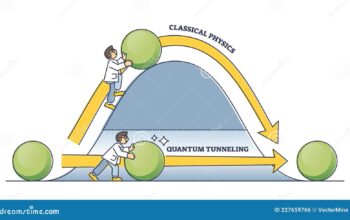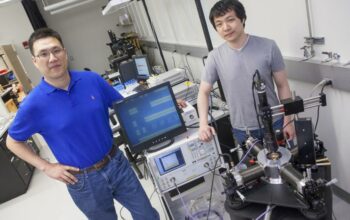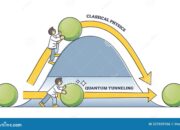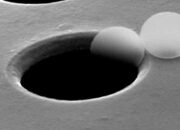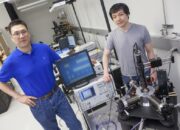Quantum mechanics, the intricate branch of physics addressing the phenomena at the subatomic scale, represents a radical shift in our comprehension of nature. Defined in simple terms, it can be viewed as the study of how matter and energy interact at the quantum level. This exploration invariably leads to bewildering concepts that challenge both intuition and classical physics narratives. Below, we delve into essential aspects of quantum mechanics, elucidating key principles and their implications.
1. The Quantum Realm: A Parallel Universe
At its core, quantum mechanics operates in a realm that is fundamentally discordant with our macroscopic experience. Here, particles are not merely points in space but existing in superpositions, where they can be in multiple states simultaneously. This peculiar nature dares to defy the certainties of classical physics, wherein entities existed in well-defined positions and velocities. Instead, quantum entities exhibit probabilistic behavior, as best exemplified by the famous double-slit experiment, illustrating wave-particle duality.
2. Wave-Particle Duality
The idea of wave-particle duality is paramount in understanding quantum mechanics. Light, traditionally perceived as a wave, also manifests particle-like properties, exemplified through photons. Conversely, electrons, typically viewed as particles, exhibit wave-like characteristics under certain conditions. This duality invites a philosophical inquiry about the nature of reality, prompting questions about whether entities are particles, waves, or both depending on the observation context. Such duality is foundational in the interpretation of quantum mechanics and highlights the paradoxes present in this domain.
3. Superposition: The Art of Being
The principle of superposition posits that quantum systems can exist in a combination of states until measured. For example, an electron can reside in multiple orbits until observed, at which point it “collapses” into a single state. This phenomenology is not just a theoretical curiosity; it is integral to the mechanics of quantum computing. In quantum computing, qubits — the fundamental units of information — leverage superposition to perform complex calculations exponentially faster than traditional bits. This quantum property enhances computational power significantly, transforming how we approach problem-solving in myriad fields.
4. Entanglement: The Cosmic Connection
Entanglement represents one of the most profound phenomena in quantum mechanics, where pairs or groups of particles become interconnected in such a way that the state of one particle instantaneously influences the state of another, regardless of distance. Einstein famously referred to this phenomenon as “spooky action at a distance.” This principle raises essential questions about the nature of information and locality, suggesting that the universe may be more interconnected than previously thought. Entangled particles are not merely correlated; their states are interdependent, fundamentally altering our understanding of space and time.
5. Measurement Problem: Reality and Observation
The measurement problem in quantum mechanics examines how the act of observation influences a quantum system. It raises philosophical inquiries regarding reality: does a quantum system truly possess definite properties prior to measurement, or does the act of observation create them? The prevailing Copenhagen interpretation posits that quantum mechanics does not yield deterministic outcomes but probablistic ones, calling into question our classical assumptions of causality. Other interpretations, including the Many-Worlds interpretation, suggest that every quantum event spawns a branching of realities, complicating our understanding of existence itself.
6. Practical Applications: Quantum Mechanics in Technology
Beyond theoretical implications, quantum mechanics has led to groundbreaking technological advancements. Quantum technologies such as quantum cryptography promise unprecedented secure communication methods, leveraging entanglement and superposition to protect information from eavesdropping. Additionally, advancements in materials science and nanotechnology are heavily influenced by quantum principles, allowing for the engineering of novel materials with unique properties. The field of quantum computing is rapidly evolving, with companies and governments exploring its potential to revolutionize industries, from pharmaceuticals to logistics.
7. Quantum Mechanics and Philosophy
The intersection of quantum mechanics and philosophy cannot be overlooked. The peculiar nature of quantum phenomena challenges traditional notions of reality, causality, and determinism. Philosophers have grappled with the implications of quantum mechanics, raising questions about free will and the nature of existence. Debates continue to unfold regarding the interpretations of quantum mechanics and what they reveal about the universe’s underlying structure, inevitably shaping our philosophical landscape as we grapple with the complexities of the quantum world.
Conclusion: Embracing the Complexity
In 2021 and beyond, defining quantum mechanics in simple terms encapsulates a journey through a labyrinth of paradoxes and revelations. As a cornerstone of modern physics, it beckons us to rethink conventional wisdom about reality. By navigating the complexities of superposition, entanglement, and the measurement problem, one gains insight into a dazzling world that defies the classical intuitions. Quantum mechanics not only reshapes our scientific understanding but also instigates profound philosophical inquiries, urging us to reassess our notions of knowledge, existence, and connectivity. As we advance into the future, the principles of quantum mechanics will undoubtedly continue to intrigue, inspire, and challenge humanity’s quest for truth in an uncertain universe.
